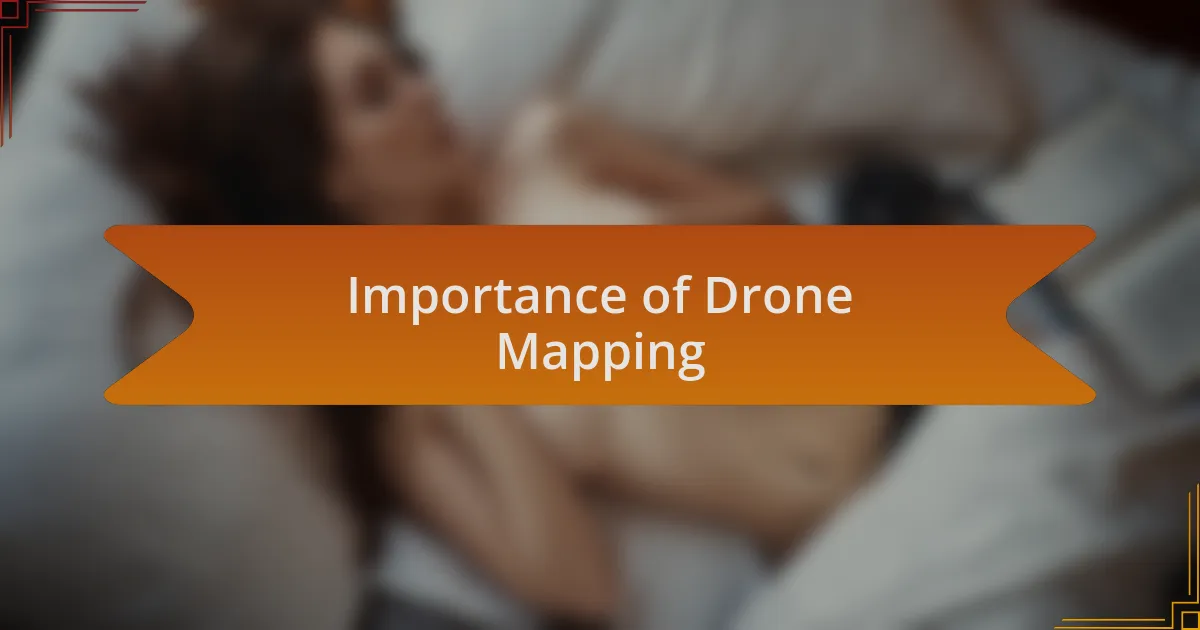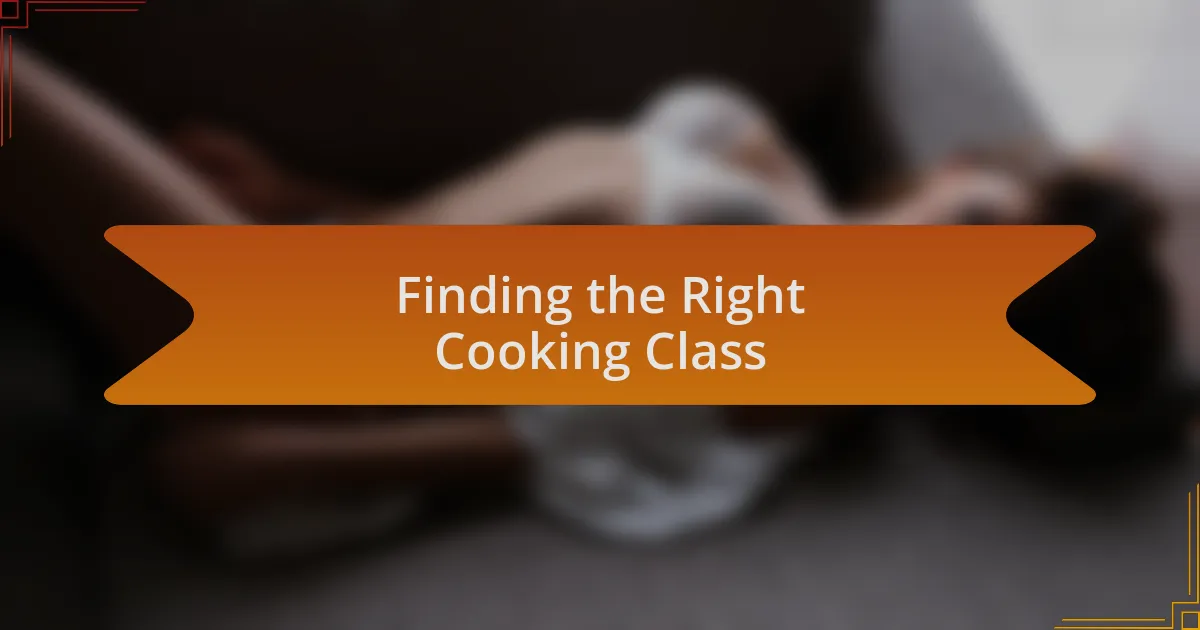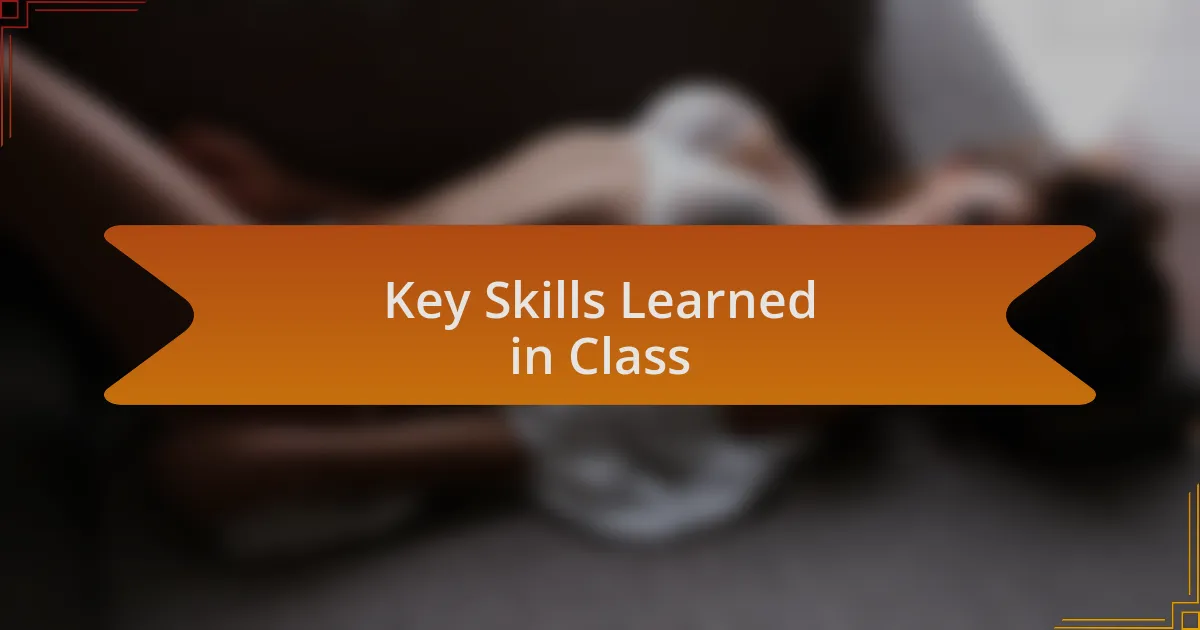Key takeaways:
- Drone mapping uses advanced technology to capture high-resolution images, aiding in agriculture, urban planning, and environmental monitoring.
- It enhances disaster response by providing real-time data, improving recovery efforts significantly.
- Cooking classes can be overwhelming; it’s essential to focus on local cuisine, read reviews, and align the course with personal skill levels and goals.
- Key skills gained in cooking classes include knife skills, flavor balancing, and the importance of presentation in delivering an appealing dish.

Introduction to Drone Mapping
Drone mapping is an innovative technology that leverages drones equipped with cameras and sensors to capture high-resolution images and data from above. I still remember the first time I saw a drone fly overhead, effortlessly capturing stunning views that we could never envision from the ground. It made me wonder – how much more could we learn about our surroundings with this bird’s-eye perspective?
The potential applications of drone mapping are vast, ranging from agriculture to urban planning and environmental monitoring. For instance, during a local project, I was amazed to see how drones could assist farmers in precisely assessing their crops’ health. Isn’t it fascinating how a simple aerial survey can save time and resources while providing invaluable insights?
With advancements in technology, the capabilities of drone mapping continue to evolve. I once participated in a mapping project where we captured 3D models of a local coastal area. The experience of seeing those landscapes transform into detailed digital models truly opened my eyes to the future possibilities of this technology. What could we achieve if we harnessed these tools creatively and responsibly?

Importance of Drone Mapping
The significance of drone mapping is profound, as it enhances our understanding of land use and resource management. I recall one time when we mapped a local nature reserve. The detailed imagery allowed us to identify areas at risk of erosion and helped us understand how to implement effective conservation strategies. How often do we overlook these vital insights until we can see them from above?
In addition, I believe drone mapping plays a crucial role in disaster response and recovery. I remember volunteering after a significant storm hit our community. The drones provided real-time data, helping responders locate stranded individuals and assess damage quickly. That experience cemented my belief in the power of drones to save lives and ensure better preparedness. Can you imagine how different those recovery efforts would have been without such technology?
Moreover, the accuracy offered by drone mapping truly sets it apart from traditional methods. I once participated in a project where we needed precise topographical data. The drone produced 3D models with remarkable detail, and we could conduct analyses that would have taken weeks with conventional surveys. This efficiency not only speeds up projects but also enriches data quality. Isn’t that a game changer for industries reliant on accurate information?

Finding the Right Cooking Class
Finding the right cooking class can feel overwhelming, especially with so many options available. I remember my first experience of sifting through a list of classes and feeling a mix of excitement and confusion. What helped me was looking for a class that focused on the local cuisine, as I wanted to immerse myself in the culture. Have you ever felt that a course just didn’t resonate with what you hoped to learn?
I also found it beneficial to read reviews from previous participants. One cooking class I almost chose had glowing testimonials about the instructor’s engaging teaching style and the hands-on experience. The shared excitement from former students made me eager to enroll. Isn’t it reassuring to hear from others before committing your time and money?
Ultimately, consider your own skill level and what you hope to gain from the class. I took a beginner-friendly course that emphasized foundational techniques, which was perfect for me at the time. What’s your cooking experience? Tailoring your class choice to match your goal makes all the difference in ensuring you come away inspired and knowledgeable.

Key Skills Learned in Class
One of the key skills I developed during my cooking class was knife skills. The instructor emphasized the importance of holding a knife correctly and practicing various cutting techniques. I recall my initial struggle, but after a few sessions, I felt a sense of triumph when I could chop vegetables with precision and confidence. Have you ever realized how much easier cooking becomes once you master the fundamentals?
Another valuable lesson I learned was the art of flavor balancing. The chef guided us through tasting sessions, where we combined sweet, salty, sour, and bitter elements. I remember the surprise of discovering how a pinch of salt could elevate a dish. It made me appreciate the science behind cooking on a deeper level. How often do we overlook these simple yet crucial adjustments in our cooking?
Lastly, my experience in the class highlighted the significance of presentation. We spent time learning how to plate our dishes beautifully. I still think back to the moment I served my dish, and everyone complimented its visual appeal before even tasting it. Isn’t it interesting how we eat with our eyes first? Emphasizing aesthetics not only elevated my confidence but also motivated me to experiment further in my kitchen endeavors.